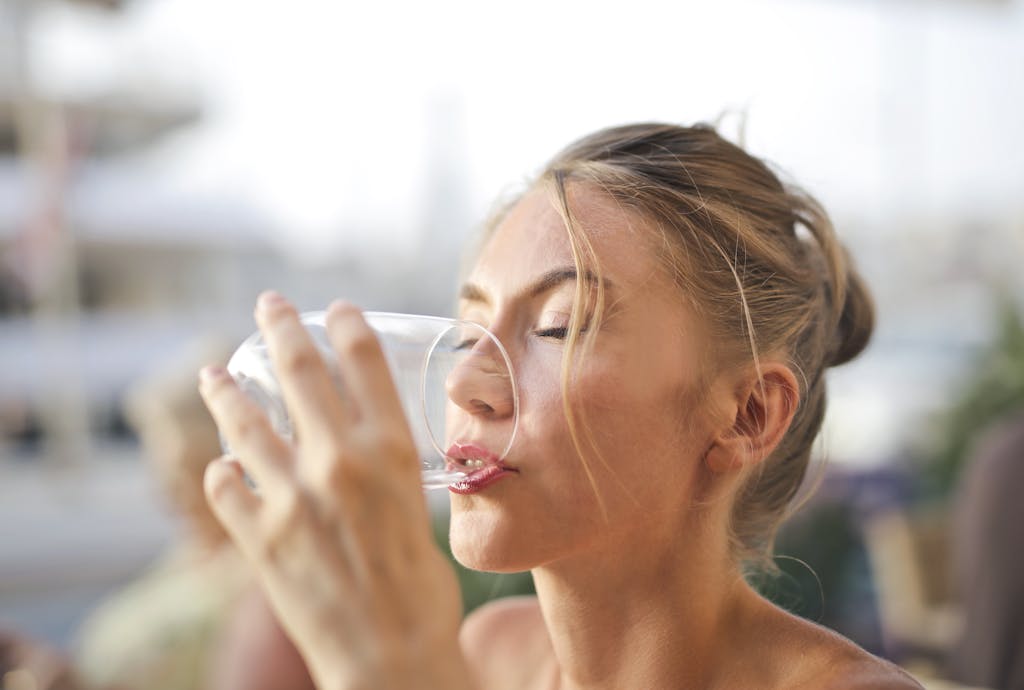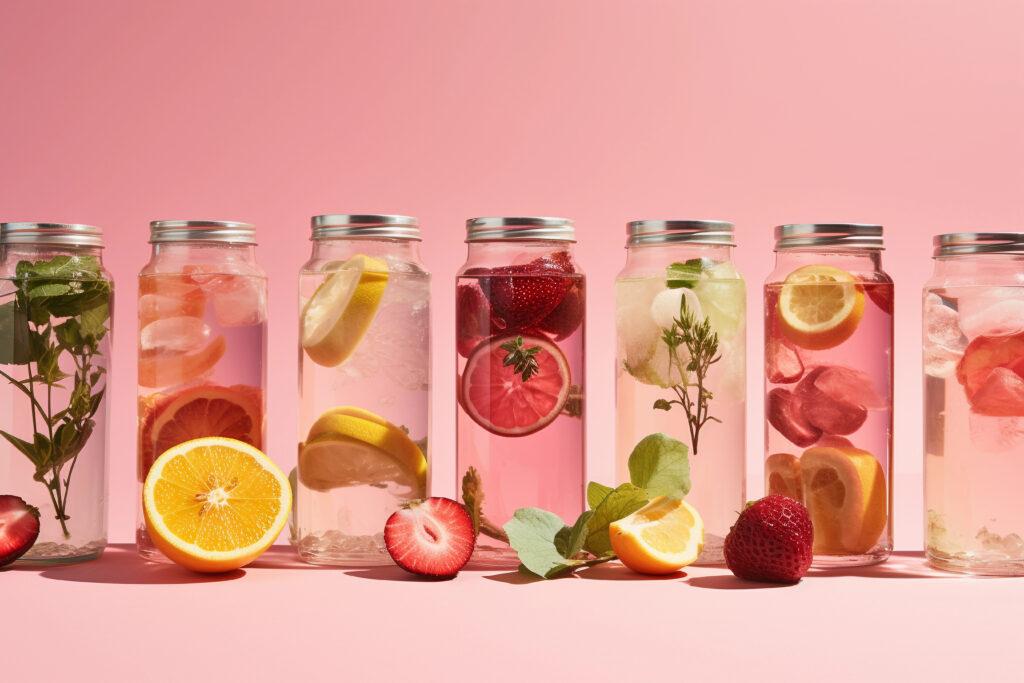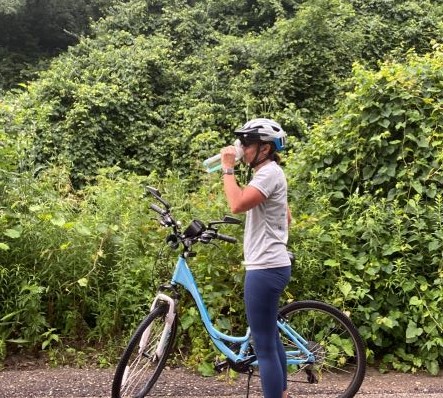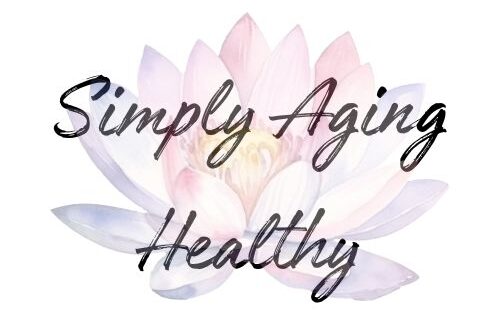Why Water is Important for Older Adults: Benefits and Tips
Hey there!
Are you one of those people who chug water like there’s no tomorrow, or do you struggle to drink it?
It’s a bit of a love/hate relationship for many of us.
Sometimes we just forget, and other times we choose other drinks over good ol’ water.
But here’s the deal: water is seriously important for everyone, especially as we get older.
As we age, our bodies go through some changes, like losing muscle but gaining a little extra fluff. And these changes can mess with our water levels, leaving us more prone to dehydration.
And let me tell you, dehydration can cause all sorts of trouble, from kidney stones to UTIs, and even confusion and delirium.
To make things worse, our thirst mechanism doesn’t work as well when we’re older, making it trickier to realize when we’re parched.
And let’s not forget the hassle if mobility is an issue – getting to water and the bathroom can be a whole adventure.
That’s why, as older adults, we need to pay extra attention to staying hydrated.
In this article, I’m gonna give you the lowdown on why water is important for older adults and share some awesome tips on how to keep that hydration game strong.
We’ll talk about the effects of dehydration and the pesky health problems it can cause.
I’ll also let you know how much water older adults should be drinking and give you some sneaky ways to make it a regular part of your daily routine.
So let’s dive into the wonderful world of H2O!
Importance of Hydration
Okay, let’s talk about the importance of staying hydrated. Trust me, it’s a big deal for your health.
Water is like a superhero for our bodies.
It does so many important things, which is why we need to drink enough of it every day to avoid dehydration.
Dehydration is no joke.
It can bring on all sorts of unpleasant symptoms like headaches, dizziness, a dry mouth, and feeling tired all the time.
It can even mess with your brain, making you feel confused, irritable, and unable to concentrate.
And in really bad cases, you could end up in the hospital. Yikes!
As we get older, our bodies don’t hold onto water as well as it used to. That means we’re more likely to get dehydrated, even if we don’t feel thirsty.
So, we’ve got to be proactive about getting our fill of water.
To make sure that you are getting enough water, experts say that older adults should consume at least eight glasses of water per day.
That can also include other fluids like juice, tea, and soup.
But water should be our primary source when it comes to staying hydrated.
Oh, and an important sidenote: some meds, like diuretics, can up the dehydration risk.
So, make sure to talk to your doctor about how much water you need to consume if you’re taking any meds.
Water’s Role in Digestion
As an older adult, it’s important to stay hydrated to maintain good digestive health.
Water plays an important role in the digestive process, because it breaks down food and helps you to absorb nutrients.
Promotion of Nutrient Absorption
Drinking enough water can help promote the absorption of nutrients from the food we eat.
Water helps to break down food into smaller particles, making it easier for our bodies to absorb the nutrients.
Additionally, water helps to transport these nutrients throughout the body.
Prevention of Constipation
Feeling backed up?
As we age constipation can become a huge issue. Not getting enough water can mess with your digestion and leave you feeling blocked up.
But fear not – because water can help to prevent that from happening.
When you sip on water you’re giving your digestive system the hydration it needs to keep things moving smoothly.
It’s like giving your pipes a fresh coat of lubrication!
But wait, there’s more!
Water also has a superpower when it comes to softening up your stools. That means they’ll be so much easier to pass.
So, if you want to avoid the horror of constipation and keep things flowing down there, just remember to drink up and let the water work its magic!
Your tummy will thank you, and you’ll be back on track in no time.

Why Water is Important for Heart Health
Did you know that staying hydrated can do wonders for your heart?
It’s true!
As we get older our heart health becomes more important.
Regulation of Blood Pressure
When you drink enough water, you’re actually helping to regulate your blood pressure.
And let’s face it, no one wants their blood vessels to constrict and cause high blood pressure.
By keeping yourself hydrated, you’ll keep those blood vessels nice and pliable, allowing for better blood flow and that all-important regulation of blood pressure.
So go ahead, grab a glass of water and give your heart some love!
Prevention of Heart Disease
Studies have shown that staying hydrated can help prevent heart disease.
When you’re dehydrated, your blood gets thicker and makes it harder for your heart to do its job.
That puts you at a higher risk for heart diseases and other cardiovascular issues.
But don’t worry, drinking enough water can keep your blood just the right consistency.
So, if you want to keep your heart happy and healthy, make sure to drink at least 8 glasses of water a day.
It’s a small step that can make a big difference for your heart health as you get older.
Water’s Impact on Kidney Function
As an older adult, staying hydrated is crucial for maintaining healthy kidney function.
The kidneys work hard to filter out waste and excess fluids from our blood.
Water is the key to making their job easier and more efficient.
Prevention of Kidney Stones
Drinking enough water can help prevent the formation of kidney stones, a common problem in older adults.
When the body is dehydrated, the urine becomes more concentrated, increasing the risk of mineral buildup and stone formation.
Drinking plenty of water helps keep the urine diluted and reduces the likelihood of stone formation.
Maintenance of Electrolyte Balance
Water also helps maintain electrolyte balance in the body, which is important for proper kidney function.
Our bodies rely on a delicate balance of electrolytes like sodium, potassium, and chloride to keep fluids in check, nerves firing smoothly, and muscles contracting properly.
But when we don’t drink enough water and get dehydrated, these electrolyte levels can go out of whack, causing muscle cramps and weakness.
So, as an older adult, be sure to drink plenty of water and give your kidneys the love they deserve.

Water and Brain Function
Want to keep your brain functioning at its best?
Stay hydrated!
Dehydration can seriously mess with your brain, causing memory issues, mood swings, and even cognitive decline.
Cognitive Performance
Did you know that not drinking enough water can actually mess with your brain?
Yeah, even a little dehydration can make you lose focus, forget stuff, and slow down your reaction time.
The solution is simple: drink more water!
By staying properly hydrated, you can boost your brain power and improve your memory, attention, and overall cognitive function. How awesome is that?
So, make sure to drink at least 8 cups of water a day to keep your brain in tip-top shape.
Your brain will thank you for it!
Mood Regulation
Dehydration can also mess with your mood!
Even mild dehydration can cause mood changes, including increased anxiety, fatigue, and confusion.
By drinking enough water, you can keep your body properly hydrated and improve your mood.
You will feel all calm and relaxed.
Water’s Role in Temperature Regulation
As we age, it’s important to maintain a healthy body temperature especially when the weather gets extreme.
Drinking enough water can be a total game-changer when it comes to keeping your temperature in check.
When we get dehydrated, our bodies struggle to regulate temperature.
That’s when things can go south, causing issues like heat exhaustion or heat stroke. Yikes!
Older adults like us might be even more at risk for these conditions.
But here’s the cool part – water is like the superhero of body temperature regulation.
It helps us sweat and then that sweat evaporates to cool us down.
But without enough water, our bodies can’t produce enough sweat, and our temperature can skyrocket to dangerous levels.
So, that is why it’s super important for you to drink water regularly, even if you don’t feel thirsty.
In addition to drinking water, consuming foods with high water content, such as fruits and vegetables, can also help to keep the body hydrated and regulate body temperature.
They’re like a bonus hydration boost.

Prevention of Dehydration and Its Complications
As an older adult, I know how important it is to maintain proper hydration levels to prevent dehydration and its complications.
It’s not just about quenching your thirst – it’s about preventing dehydration and all the problems that come with it.
Dehydration happens when you lose more fluids than you take in, and trust me, it’s no joke.
It can leave you with a dry mouth, feeling thirsty, tired, dizzy, and even confused.
And in serious cases, it can lead to things like heat exhaustion, heat stroke, and even death.
Yikes!
So, what can you do to stay hydrated?
Well, besides chugging enough water (which is a must), you should also be on the lookout for dehydration signs and take some precautions.
Alcohol and caffeine can suck the moisture right outta you. So you may want to try limiting your intake of foods or drinks that include alcohol or caffeine.
Instead, reach for foods like juicy fruits and veggies to keep those hydration levels up.
And let’s not forget about staying cool!
Excessive heat is a major dehydration risk, so make sure you find shelter in air-conditioned places and wear lightweight, breathable clothing.
Save the heavy-duty activities for cooler parts of the day – you’ll thank me later.
So, if you want to stay hydrated and avoid dehydration’s nasty complications, remember to drink enough water, skip the booze and caffeine, munch on water-rich foods, and keep your cool.
Stay hydrated, stay healthy, and go conquer the world, friend!
How to Stay Hydrated
Water is an important nutrient especially as we get older.
As we gracefully add on the years, our bodies become a little less efficient at keeping the fluids in check. That’s why staying hydrated is extra important for us.
Sipping on enough water can work wonders in warding off dehydration, which can lead to some nasty health issues like constipation, urinary tract infections, and even kidney stones.
But the benefits don’t stop there.
Staying hydrated can also help keep our brains sharp and our bodies strong.
Studies have shown that even being just a little dehydrated can mess with our thinking and make us more prone to falls. No thank you!
So, how much water should you drink every day?
The experts recommend at least 8 cups a day, but it really depends on your individual needs and how active you are.
So drink up, my friends, for your health and well-being!
